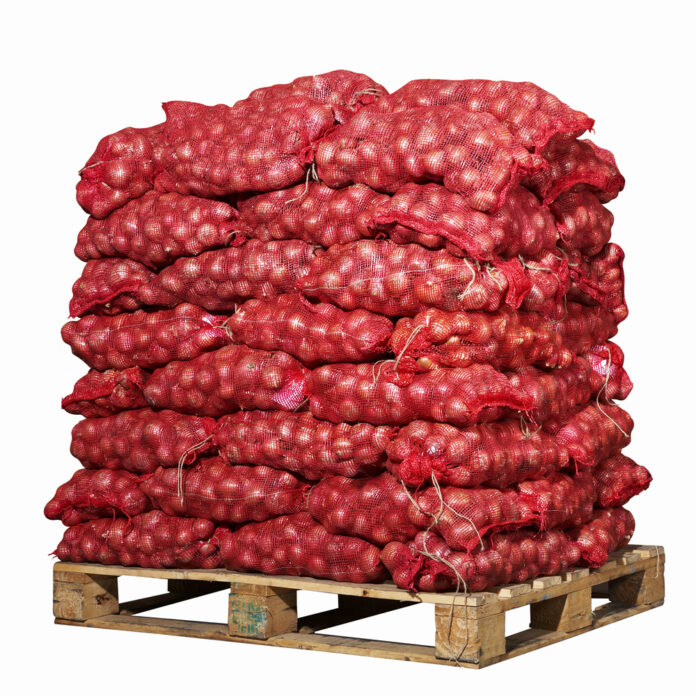Of the 21,060 metric tons (MT) of imported onions arriving before January 27, only around 5,000 MT were secured with so-called sanitary and phytosanitary import clearances (SPSICs), as the deadline lapsed Friday last week, according to the Department of Agriculture (DA).
Glenn Panganiban, Bureau of Plant Industry OIC director, said at the Senate hearing on Monday that of the 5,000 MT that sought import permits, only half were seen pushing through with their imports.
President Ferdinand Marcos Jr. earlier approved the importation of onions composed of 3,960 MT of fresh yellow onion and 17,100 MT of fresh red onion.
Panganiban also said if supplies arrive later than the January 27 deadline, particular supplies will be seized by the Bureau of Customs.
DA Undersecretary Mercedita Sombilla said that historically, when local onion harvests peak, retail prices per kilogram (kg) drop to as low as P120 to P150.
The United States Department of Agriculture (USDA) earlier reported that the country’s plan to import onions is “expected to fail.”
In a report dated January 12, 2023, the US agency said the “extreme conditions” attached to the importation plan “guarantee that it will not be filled and likely will not come close to filling.”
The USDA added that “the government’s conditions greatly favor Chinese supplies despite China not being importers’ favored supplier.”
“Given the time restriction, proximity and shipping lanes, the measure gives strong favor to Chinese exporters over to those in Europe and India. A 40 percent tariff is assessed on all imports, regardless of origin,” the report further said.
The agency also said that since the current onion import program only allows importers to use the ports of Manila-South Harbor, Subic, Cebu, Davao and Cagayan de Oro and prohibited from being stored anywhere other than the accredited cold storage facilities indicated in their respective approved SPSICs“, will further impede the ability of imported onions to access and flow through the local supply chain.”
The DA also previously said that the price of imported onions must be substantially lower than the suggested retail price set by the government of P250 per kilogram.
Rex Estoperez, DA deputy spokesperson said the price of imported onions will be capped although he did not elaborate.
“We first must have data on the landed cost of importation before we put a cap,” Estoperez said.
The price monitoring of select wet markets in the National Capital Region as of Friday last week show the retail price of local red onion ranging from P350 to P550 per kilogram.







